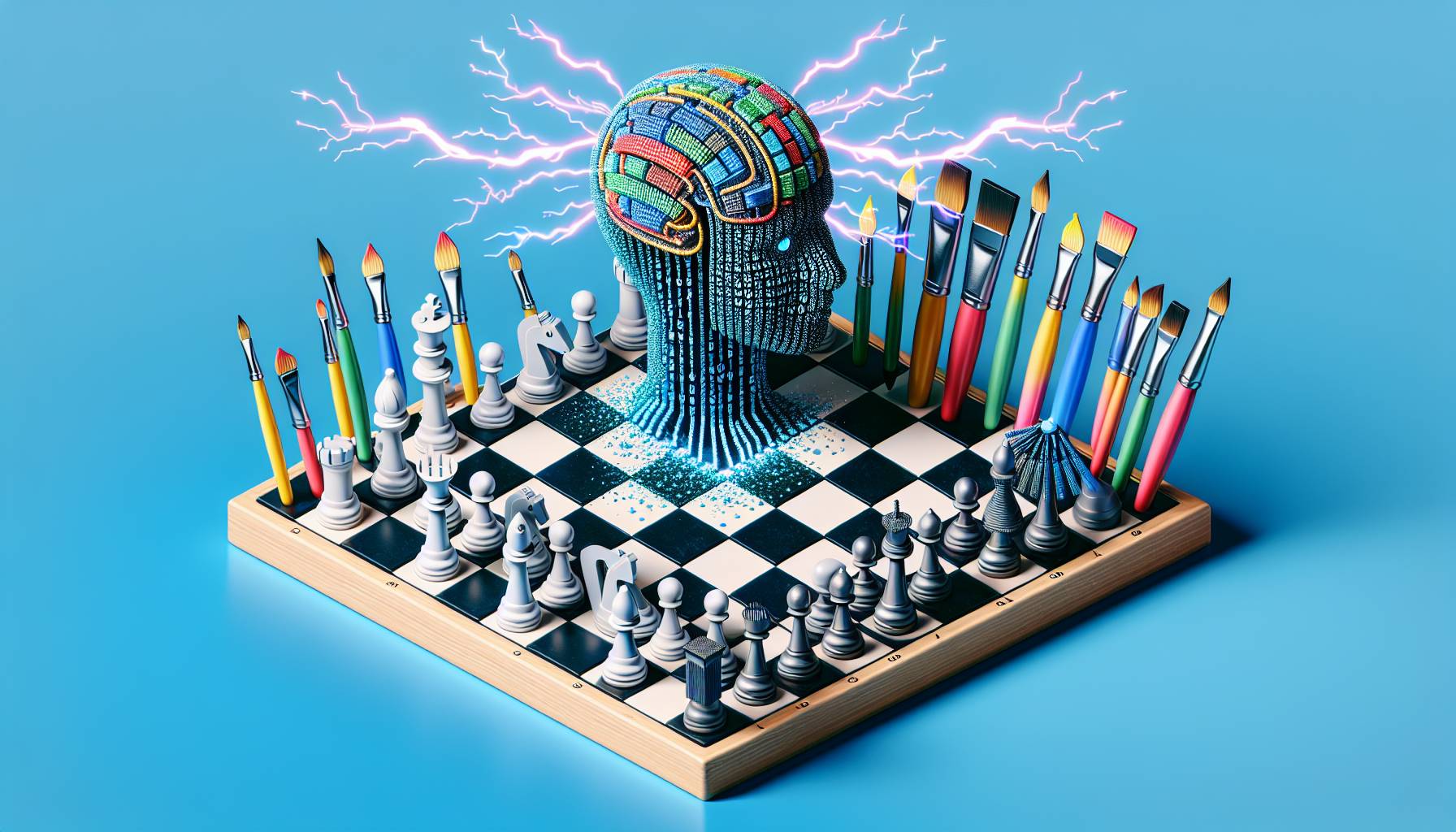Insider perspectives from the graphic design industry suggest a future heavily influenced by technological advancements, consumer preferences, and societal shifts. It’s widely anticipated that there will be increased reliance on artificial intelligence (AI) in fields such as design creation, brainstorming concepts, and even correcting human errors, according to industry experts.
Companies are under increasing pressure to create designs that tells a story. This coincides with changes in society such as remote work and a focus on sustainability, all likely to shape the industry’s future. Max Ottignon, co-founder of a leading design agency, believes that standard design trends like unique fonts and color palettes can restrict creativity. Rather, he believes in encouraging branding individuality and the importance of separating fleeting trends from those that guide long-term industry growth.
Ottignon suggests that a brand must push the boundaries of conventional design paradigms, whilst staying true to its core values, to make an impactful and distinctive design. Furthermore, Simon Case, founder of a renowned agency, perceives the rapid advancements of AI as both a significant disruption and enhancement for the industry, as tasks once performed by entire teams can now be done by AI, increasing efficiency.
Case emphasizes that rather than indicating job losses, the rise of AI could translate into job transformation.
AI’s role in evolving graphic design future
This involves combining human intellect with the efficiency and speed of AI, thereby redefining roles in the job market. As technology advances, it’s predicted that some roles will disappear, others will spring up in their place, necessitating an upgrade of skills and adaptation to a new normal.
Case urges that AI should not be considered a threat, but a tool to aid the design process. While it can generate ideas and validate designs, strategic thinking and problem-solving remain central to the designer role. Excellence in design revolves around understanding human psychology and needs, making it essential to focus on strategic thinking in a people-centered and idea-driven approach.
Tebo Mpanza, a co-founder at a branding agency, reiterates the necessity of focusing on strategic thinking, moving beyond mere aesthetics. He foresees that by doing so, designers can create work that not only captivates but informs, engages their audience and is capable of leaving a profound impact. As such, the ability to adapt, innovate and cultivate strategic thinking in pace with evolving trends will define the future of design.







